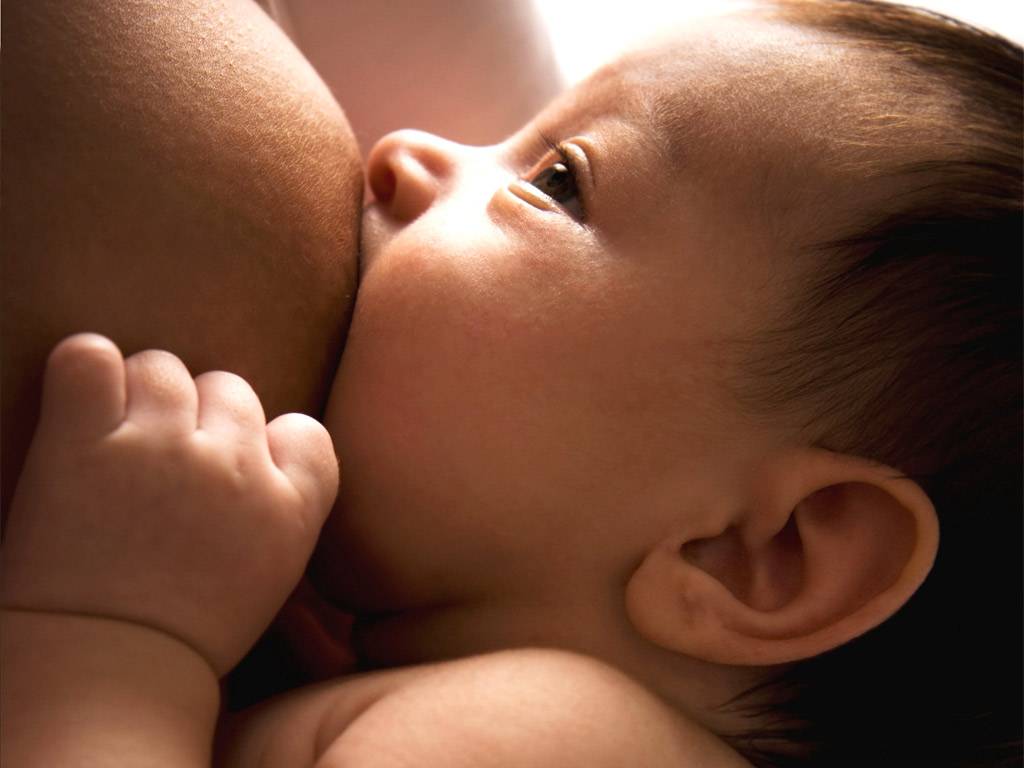Breastfeeding
(Western Cape Government)
Breastfeeding: Feeding right from the Start
 A child’s health is most vulnerable during the first 1 000 days of its life.
A child’s health is most vulnerable during the first 1 000 days of its life.
The right nutrition during this 1 000-day window can have a profound impact on a child’s ability to develop and learn.
The Western Cape Health Department encourages and promotes action and investment to improve nutrition for mothers and children in the first 1 000 days. What the mother eats, drinks (including alcohol) and what she does in that period makes a difference to the baby's future, from pregnancy to the child’s second birthday as well as influence her caring capacity as a parent.
Remember that this also means that the mother should eat and drink healthy foods while she is breastfeeding. The mother’s diet and intake affects the baby she is feeding.
Whenever you visit the clinic for antenatal care the healthcare staff will share information with you about breastfeeding. Try to take someone with you to these visits so that healthcare staff can educate them to support you during your pregnancy and after your baby is born. Once you have had your baby, the staff in the birthing unit will show you how to breastfeed and take care of your baby. When you are discharged from the birthing unit the nurse will give you a Road to Health booklet for your baby, and explain how it is used to ensure your baby is healthy and growing well. Take this booklet with you whenever you go to a clinic, hospital or private doctor and ask them to update the booklet.
Mother’s milk is the best milk for your baby. If you are concerned about being able to breastfeed your baby, speak to you healthcare worker at the clinic, while you are pregnant and also enquire about breastfeeding support groups, that you can attend to offer you more support.
Exclusive breastfeeding for the first six months of a child life is recommended for good growth and development. This means that for the first six months of life you should only be giving your baby breast milk with no additional food or drink of any type (no water, juice, animal milk, and solid foods) except for vitamins, minerals, and medications prescribed by a doctor or healthcare worker when medically indicated. Give only breast milk and no other foods or liquids, to your baby for the first six months of life.
The first few days after giving birth to a newborn can be a very trying time for breastfeeding mothers and the support a mother receives in that time influences for how long she will continue to breastfeed. During the first few days at home the mother may be tired and will need as much support as possible within her environment. Family’s support, a relaxed environment and assistance at home will contribute considerably towards a positive breastfeeding experience for mom and the rest of the family.
- HIV testing, counselling and medication is available at all healthcare clinics. A mom who is infected with HIV will receive counselling from her health worker on how to lower the risk of the baby from becoming HIV positive. A mother who is infected with HIV can also breastfeed her baby provided she uses her medication as prescribed, prevent reinfection and have a healthy lifestyle. The duration and use of ARV treatment is crucial. Speak to your healthcare worker for more advice on breastfeeding in the presence of HIV infection.
For more information on techniques, frequently asked questions and contact information, follow the links below:
The first few days of breastfeeding: How to?


